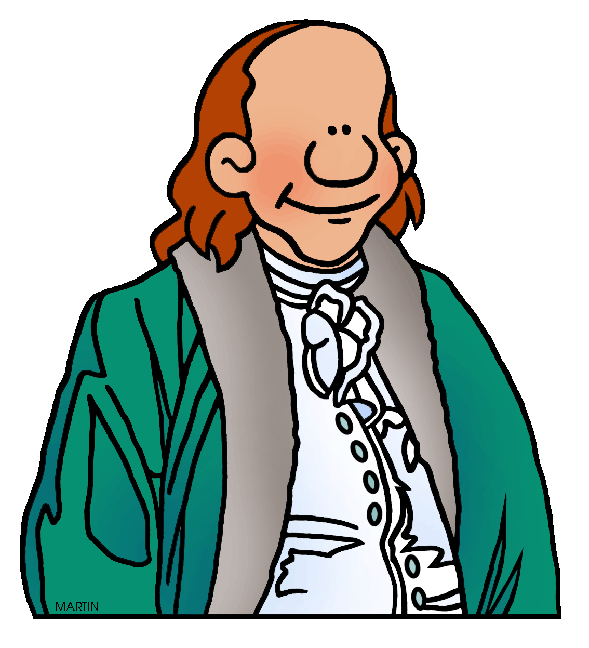For Kids: Many famous and powerful quotes originated during the American Revolution, statements we still quote (and sometimes misquote) today. Following are some of those quotes:
"I know not what course others may take, but as for me, give me liberty or give me death!" Patrick Henry, speech in the Virginia Convention, 1775
"Men, you are all marksmen - don't one of you fire until you see the whites of their eyes. Then fire low!" Israel Putnam, repeated by Colonel Prescott to the men, June 1775 at Bunker Hill
"All men are created equal and have the right to life, liberty, and the pursuit of happiness." Thomas Jefferson, In the Declaration of Independence, July 4, 1776
"We must all hang together, or assuredly we shall all hang separately." Benjamin Franklin, at the signing of the Declaration of Independence, July 4, 1776
"There, I guess King George will be able to read that." John Hancock, Remark, at the signing of the Declaration of Independence, July 4, 1776. This is possibly a misquote, but legend has it he said this or something like this, which is why his signature has the largest size of any signature on the Declaration. Only two people signed the Declaration on July 4th - John Hancock, the President of the Continental Congress, and Charles Thomson as secretary. 500 copies of the Declaration were printed and distributed. One copy was sent to King George. It was not until Aug 2, 1776, that 56 men signed a new copy of the Declaration of Independence, including John Hancock. This is the document displayed at the National Archives in Washington, D.C. On that document, John Hancock's signature is the largest signature. The original 500 copies first printed have been lost over time.
"I only regret that I have but one life to lose for my country." Nathan Hale, before being hanged by the British, September 1776
"These are the times that try men's souls." Thomas Paine, The American Crisis, December 1776
"I have not yet begun to fight!" John Paul Jones, response to enemy demand to surrender, September 1779
"We are either a united people, or we are not. If the former, let us, in all matters of general concern act as a Nation, which have national objects to promote, and a national character to support. If we are not, let us no longer act a farce by pretending to it." George Washington, in a letter to James Madison, November 1785.

